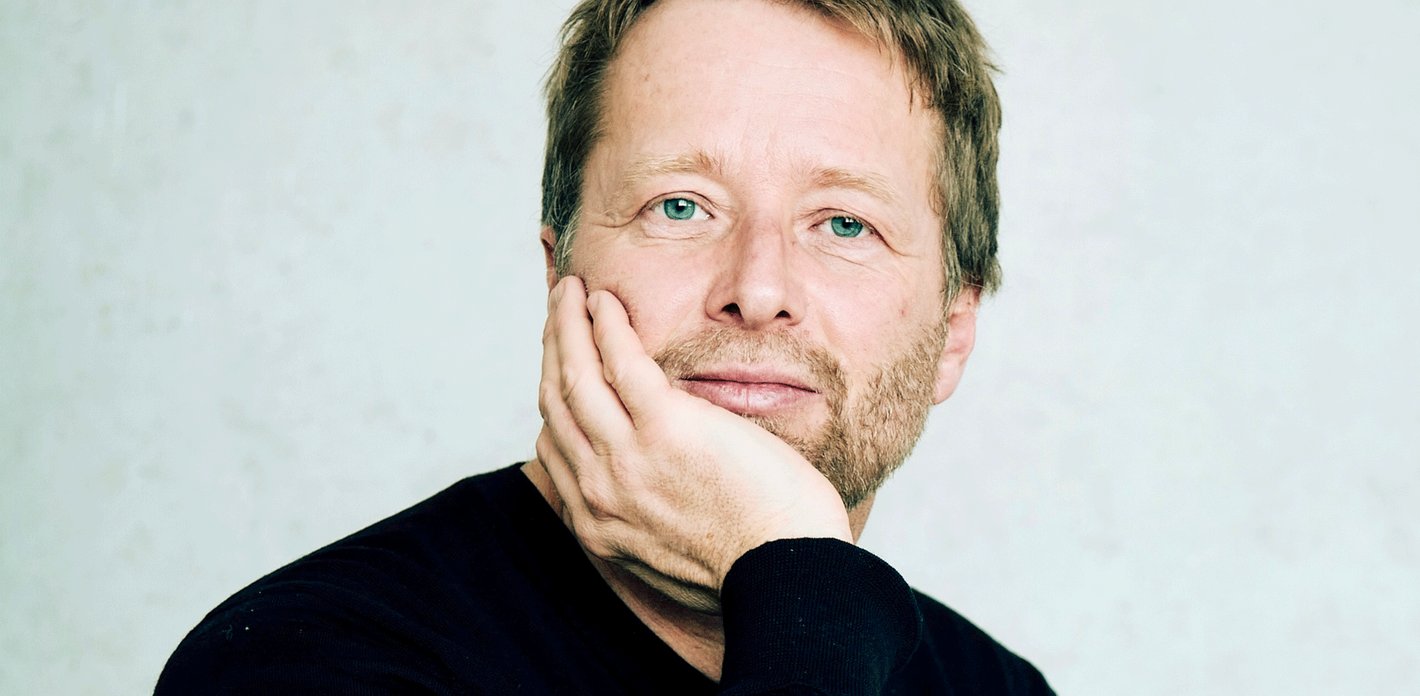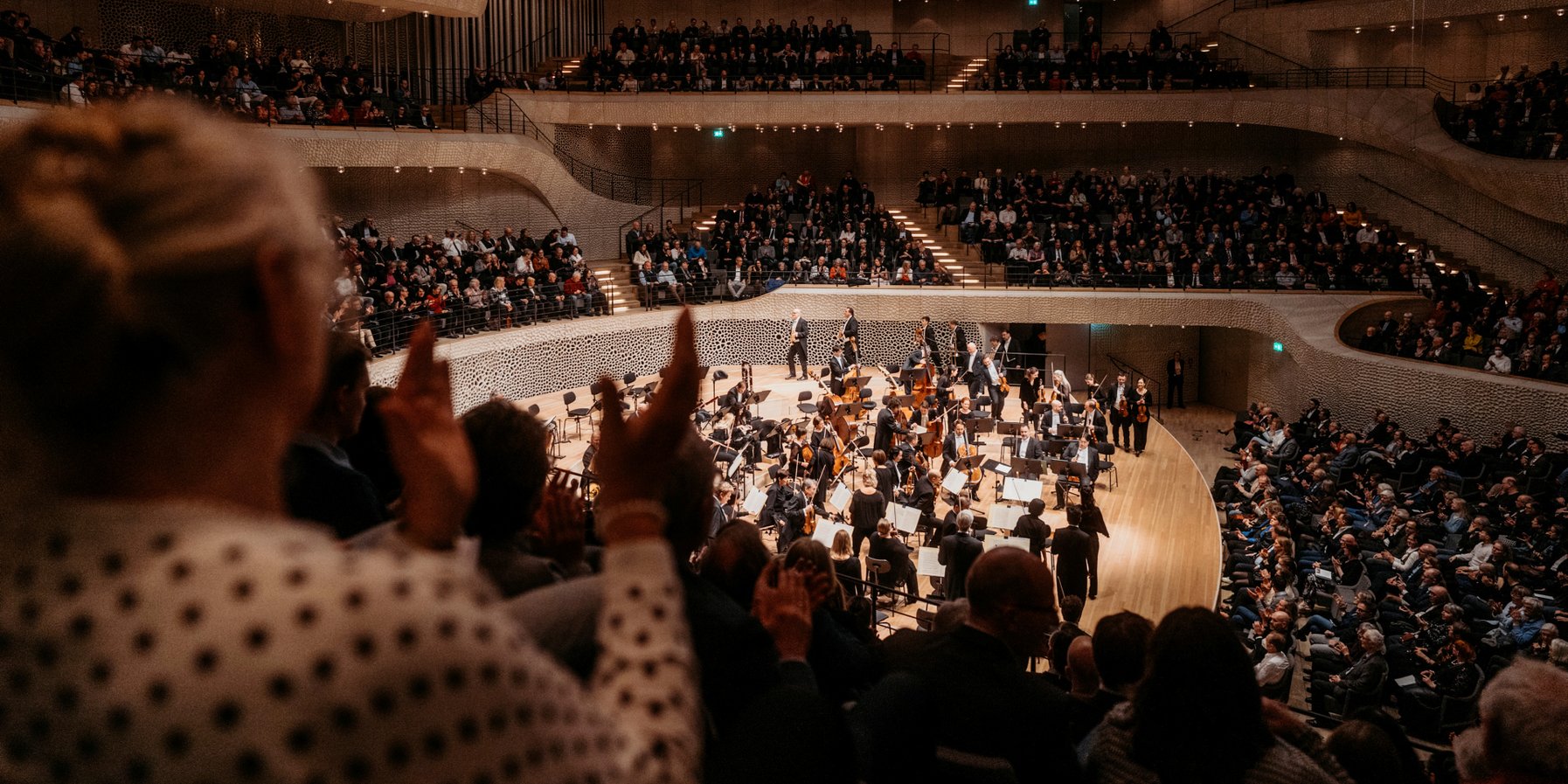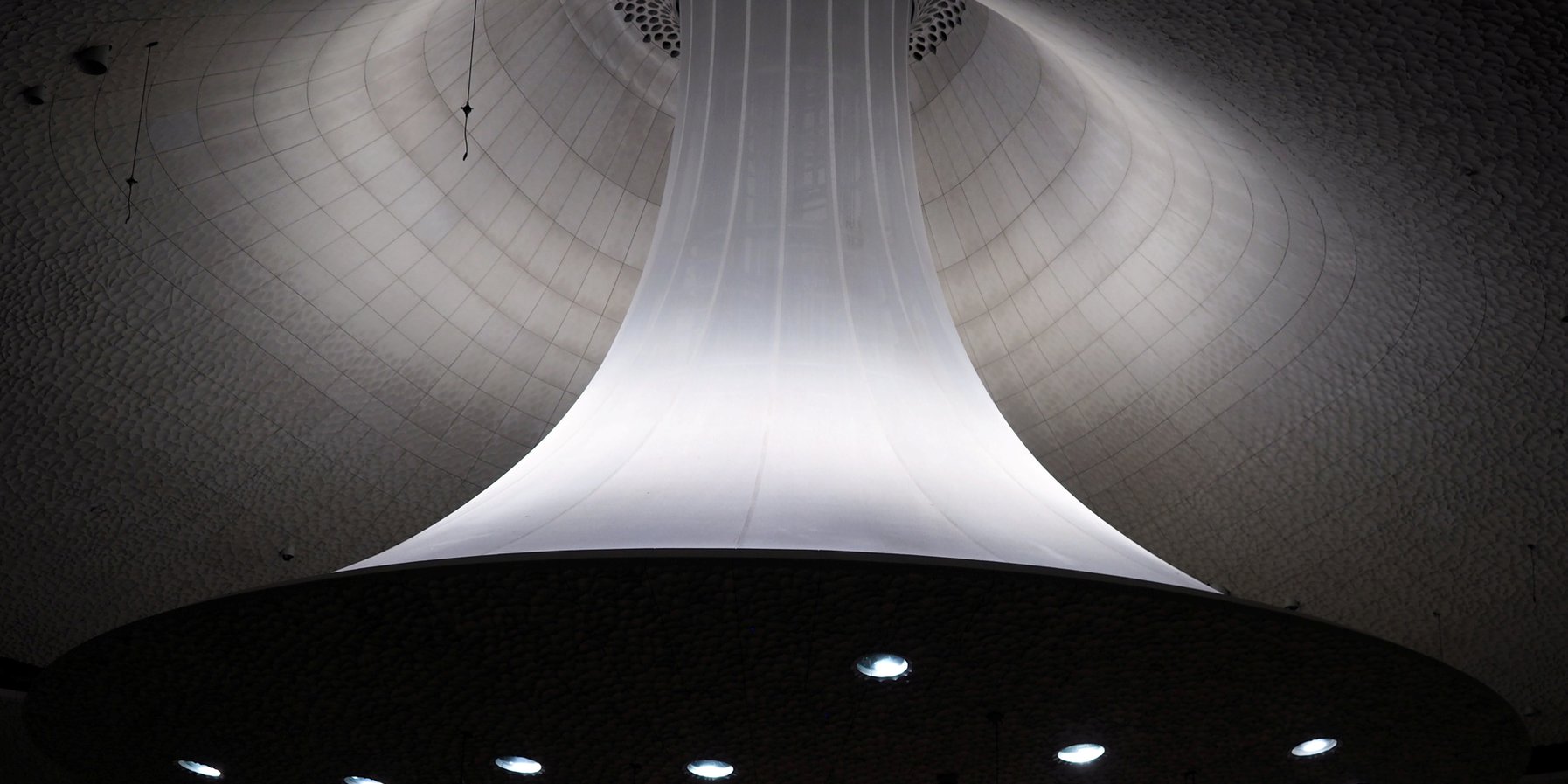Experience the sound of the present in the Grand Hall: the »Elbphilharmonie Visions« festival throws the spotlight exclusively on contemporary music. This promises both an exciting musical treat and a unique chance to engage directly with the composers, asking them about the works and composing itself. How do they approach the composing process? Do they envision an entire work before they start, or does it only emerge as they write? How does their environment influence their work? And what aspirations do they have for their music?
The festival’s composers share insights into their work in a series short interviews. This edition is with Austrian composer Johannes Maria Stuad.. His work »Whereas the Reality Trembles« is on the concert programme of »Elbphilharmonie Visions«.
What inspires you as a composer?
Everything. Art, literature, film, politics, society, nature, human interactions in their most varied forms, musical problems (harmony, rhythm, etc.). Emotions, such as anger and love, are not bad either. Composers are, like everybody else, permeable vessels with the distinction that we distil and invent unheard music from all influences using our preferences, our sensibility, our skills and musical talents.
Is your inner imagination of a work already well developed before you begin composing it?
No. I know where I would like to go; however, it steadily develops while I am writing. I proceed inductively. Every decision has consequences, every tiny implemented musical component enters into relationships that already exist in multifarious ways. My great teacher here is Morton Feldman – especially the Morty of his middle creative period. After a while, after half of the working process for instance, I then start on the fair copy of the opening where I check, improve, refine all my decisions again. At this point, I have a microscopically precise idea of the entire work, know how it will proceed and end.
How would you describe the sound of our age?
A microtonal, wave-like sliding tremolo cluster with sawtooth-filtered high-altered 7th and noisy low-altered 1st.
What does contemporary music need to win the affection of the audience?
Open ears and no fear of entering anywhere. It already has great interpreters.
What would you like to give to the audience of your work to take with them on their way to the concert?
I quote from my introduction to the work: art is powerful. Music, as it is so abstract, even more so. It can, unlike the poisoned political discourse of our time, operate in nuances, is capable of making the inconclusive, the fragile, the fleeting the subject. It can be poetic, dramatic and playful, wild, eerie and tender at the same time. It does not have any lobbying interests, cannot therefore be manipulated, open to corruption, either, and can, for example, show reality – by all means also as a role model for politics and society – as it really is: vibrating, oscillating, quivering, trembling, quaking. Iridescent and diverse in its wealth of potential semantic spaces … the list of synonyms is virtually unlimited.
William Carlos Williams (1883–1963), the great fixed star of the American modern age, the wizard of ›Jittering Directions‹, is the ultimate role model for this. I took the title for my »Musik für Percussion und Orchester« [Music for percussion and orchestra] from his wonderfully timeless poem »April« (from the collection »Della Primavera Trasportata al Morale«) from 1930.
The soloist in my work always interacts with the orchestra on equal terms. They are equal, mutually inspire and complement each other, are involved in discourse. They occasionally pull together in order then again to individually illuminate different musical semantic spaces. The balance between predictability and surprise, between witty playfulness and musical substance is precisely calibrated.

-
From William Carlos Williams's »Della Primavera Trasportata al Morale«
—the complexion of the impossible
(you’ll say)
never realized—
At a desk in a hotel in front of a
machine a year
later—for a day or two—
(Quite so—)
Whereas the reality trembles
frankly
in that though it was like this
in part
it was deformed
even when at its utmost to
touch—as it did
and fill and give and take
—a kind
of rough drawing of flowers
and April
- Elbphilharmonie Großer Saal
SWR Symphonieorchester / Florian Hölscher / Christoph Sietzen / Emilio Pomàrico
Visions 2: Alberto Posadas / Johannes Maria Staud
Past Concert








